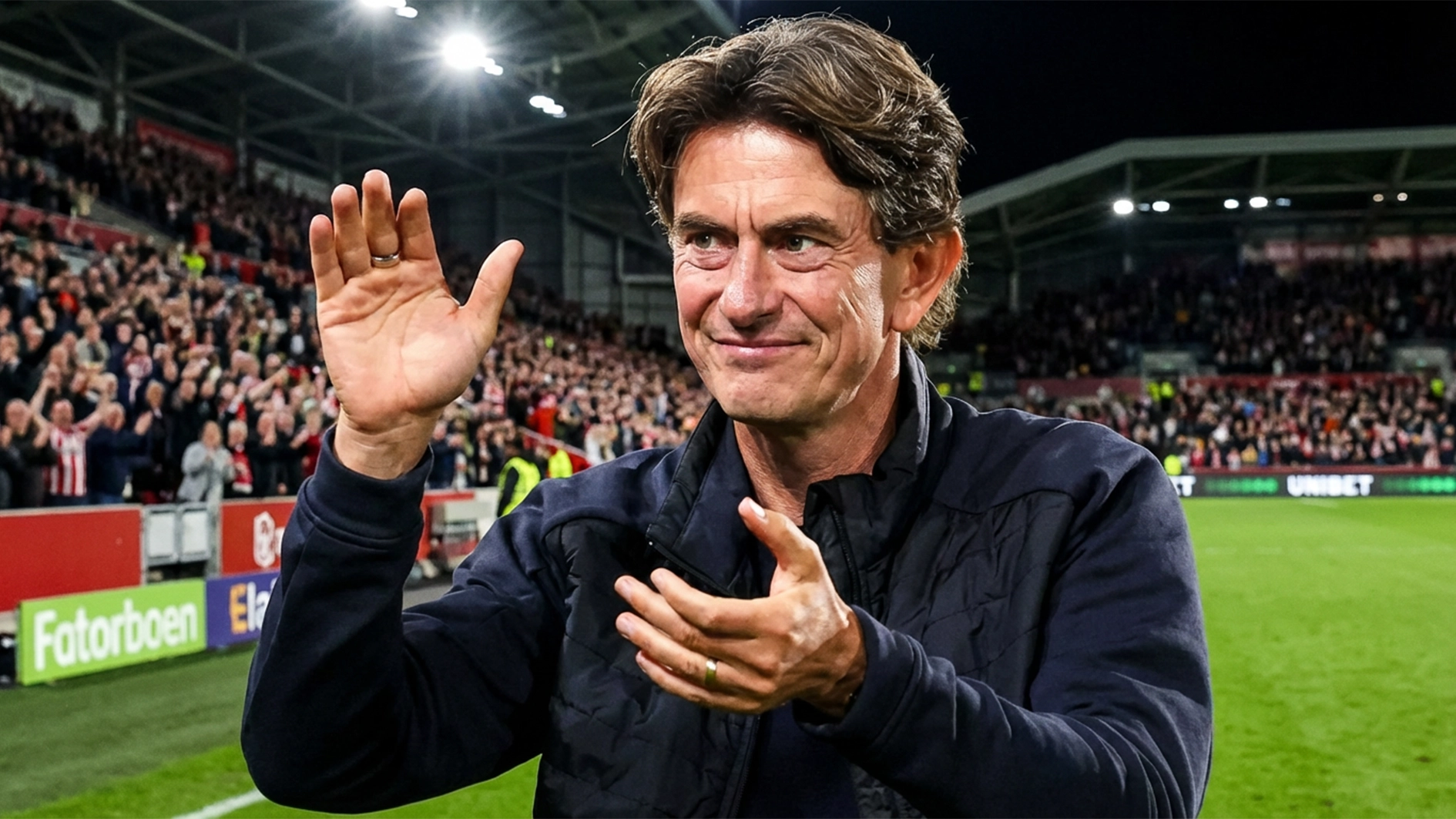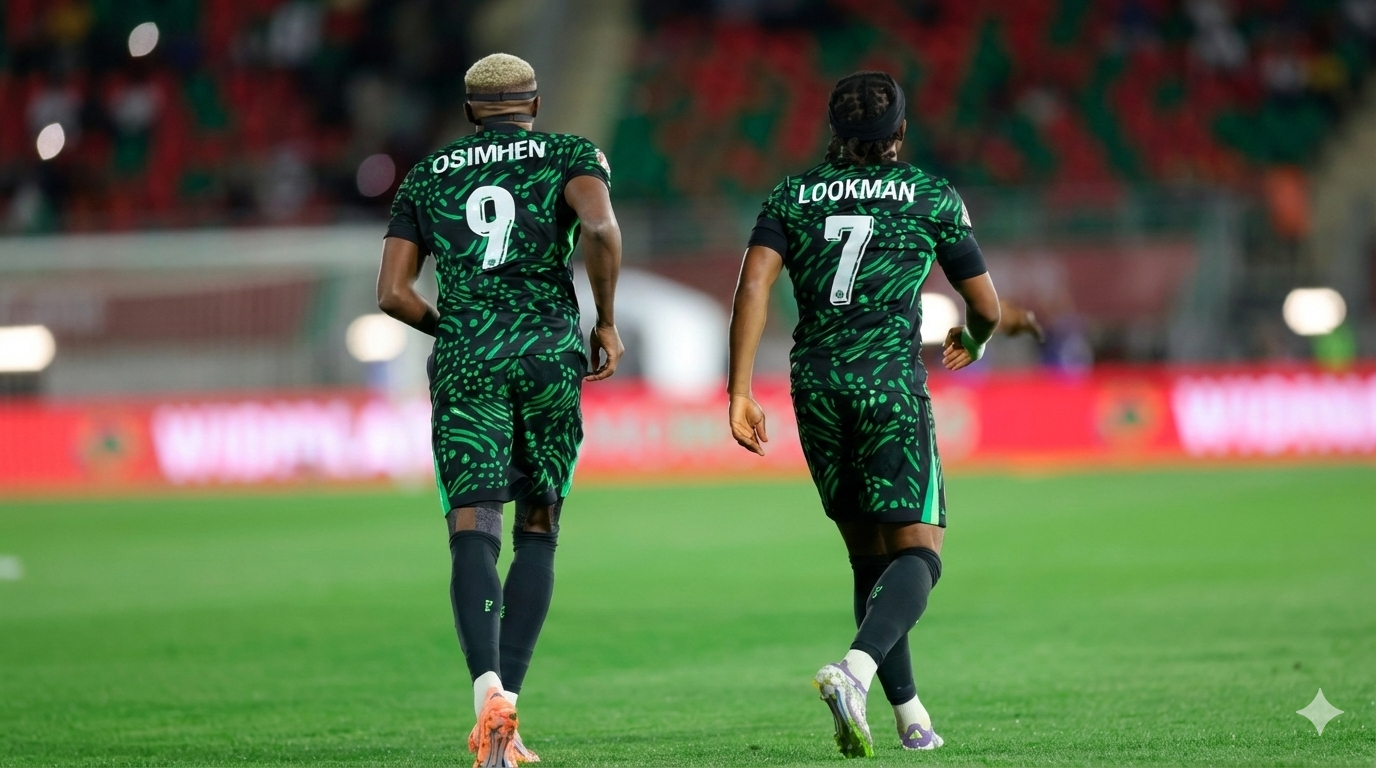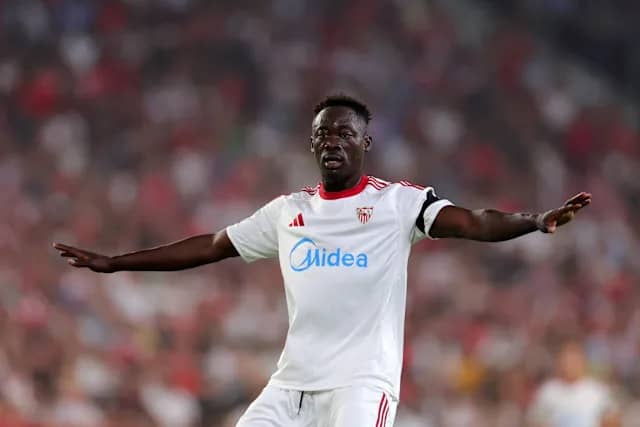The Nigerian American Football Association (NAFA) on Thursday flagged off AKETI BOWL III, the national finals of the Nigerian Secondary School Flag Football League (NSSFFL), reaffirming its commitment to creating opportunities for young Nigerians through school sports.
This year’s edition features a strengthened focus on technical capacity, including certified officiating crews, upgraded game operations, and improved athlete-welfare protocols.
NAFA Vice President, Oluwaseye Obatolu, disclosed this in Abuja at a press briefing to open the 2025 national finals, saying the tournament’s expansion reflects the inclusiveness of flag football, which he described as “an affordable gateway to teamwork, discipline, and leadership.”
He said the competition has grown from an experimental idea into “a data-driven, partnership-powered success story” and one of Nigeria’s fastest-growing school sports ecosystems.
The championship is named in honour of NAFA’s founding chairman, the late Oluwarotimi Odunayo Akeredolu, SAN, CON, whose vision, Obatolu noted, “championed structures that outlive seasons, individuals, and moments.”
Obatolu added that girls and young women will take centre stage through the Gridiron Gems Initiative, which includes a seminar on leadership, mentorship, hygiene, and personal development, alongside a parallel session for male athletes.
He said: “This tournament stands as one of the many living testaments to that legacy: a reminder that our mandate is not only to host a winning finals week, but to uphold a winning system that endures across generations.
“What is new and what to expect this week, with 11 states competing at the preliminaries and seven states successfully meeting the qualification benchmark, this year’s finals will feature a truly elite field.
“Each of these qualifying states is presenting both male and female teams, raising the competitive bar and showcasing the depth of talent being developed nationwide through the Nigeria School Sports Federation and NAFA’s grassroots pipeline.
“A tighter, more competitive finals bracket – reflecting deeper talent pools across participating states and schools. Continued emphasis on capacity building-certified officiating crews, structured game operations, and improved athlete-welfare protocols to ensure a safer and more professional experience for everyone.”
In his remarks, the League Coordinator, Oluwatobi Abe, said the maturity of the flag football ecosystem is becoming more evident each year.
Abe urged student-athletes to “play hard, play fair, and be coachable,” emphasising that the lessons learned through sport echo far beyond the field.
He said, “One thing I must highlight is that this tournament continues to serve as a bridge. For many of these young players, this week is not just a final, it is a doorway. A doorway into collegiate opportunities, exposure, and a growing national pipeline that ensures they do not “age out” of the sport after secondary school.
“That continuity is crucial, and it is one of the reasons we are committed to strengthening every layer of the flexible pathway in Nigeria.”
Abe announced enhanced incentives for this year’s winners, including university scholarships for all champions at partner institutions and cash prizes: “₦1,000,000 for first-place winners (male and female); ₦750,000 for second place; ₦350,000 for third place.
Abe added, “These rewards motivate our schools and student-athletes to embrace flag football and push beyond limits.”
Representing Mrs. Olabisi Joseph, President of the Nigeria School Sports Federation (NSSF), Pastor Emmanuel Ibony, reaffirmed the federation’s partnership with NAFA and praised the programme for its strong role in positively engaging young Nigerians.
He said: “I want to express my gratitude because this is one of the programmes that help us meaningfully engage our students. You see, youths, especially today’s students, must be engaged positively.
“If we do not engage them positively, they will find something negative to occupy themselves with. At the end of the day, they could become problems for society.”
He noted that NSSF’s three-year collaboration with NAFA has now formalised into a five-year partnership, ensuring continuity and sustainability.
He applauded NAFA for training teachers and equipping schools with the technical capacity needed to grow the sport, adding that, “In past editions, our students played as though they had been in the game for several years.”






